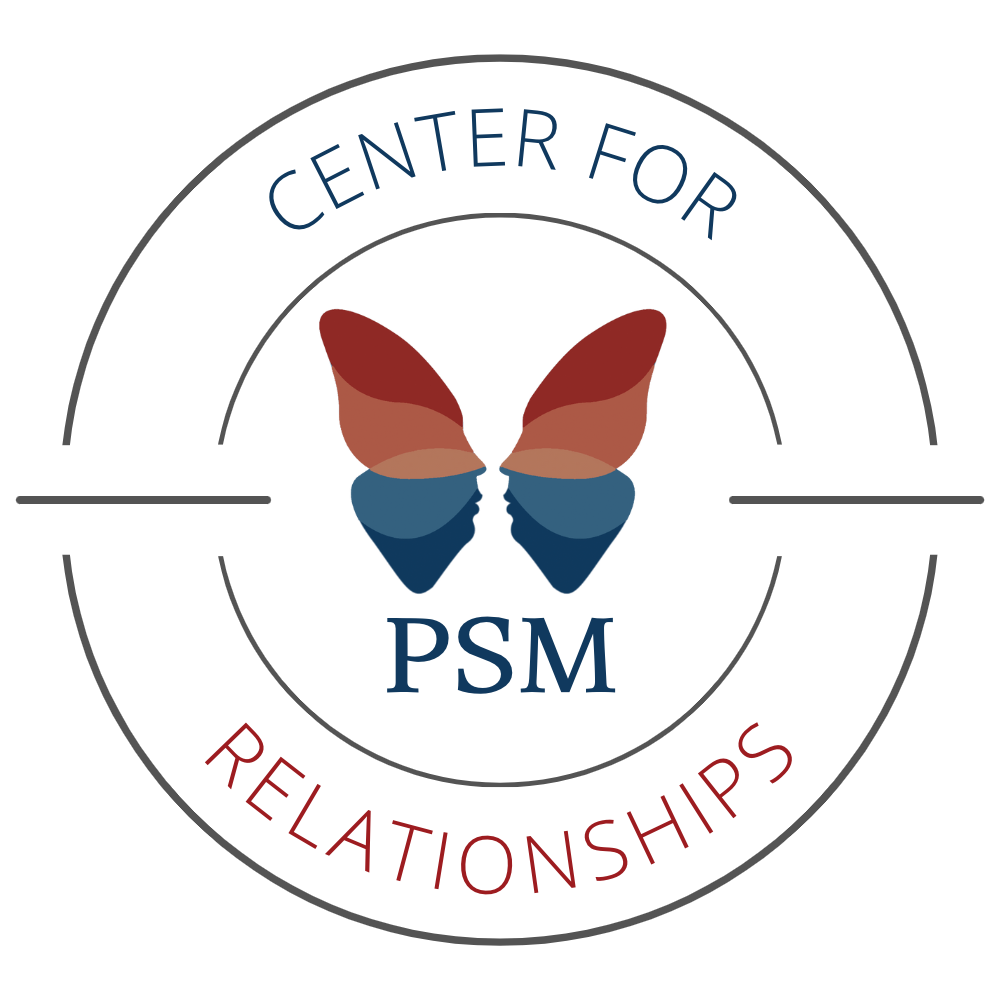Frequently Asked Questions
What is Emotionally Focused Couple Therapy (EFCT)?
EFCT is a research-backed, deeply human approach to couple therapy that helps partners move out of painful patterns of disconnection and into a stronger, more secure emotional bond. Rooted in attachment theory, EFCT views love as a powerful emotional need—not just a nice bonus. We focus on how emotions drive the way partners relate to each other, especially during conflict, and we guide couples to express those feelings in new, connecting ways.
How is EFCT different from other types of couples therapy?
While many models focus on problem-solving or communication skills, EFCT goes deeper. It’s not just about saying the right words—it’s about helping partners feel emotionally safe, seen, and understood. EFCT looks at the cycle you get stuck in and helps you break out of it by addressing the raw emotions underneath. It’s experiential, relational, and change happens not through advice, but through emotional moments of connection in the therapy room.
What kinds of couples benefit from EFCT?
EFCT is effective for all kinds of couples—married, dating, LGBTQIA+, young or seasoned, in crisis or simply feeling stuck. It’s especially helpful if you feel like you’re having the same fights over and over, feel distant or disconnected, or if one or both of you are struggling to feel safe opening up. If you long for closeness but aren’t sure how to get there, EFCT can help.
What happens in a typical session?
In EFCT, your therapist will help you slow down the usual arguments and get curious about what’s really happening beneath the surface. Sessions might include unpacking a recent conflict, exploring your emotional reactions, and—when you’re ready—practicing new, more vulnerable conversations with each other. You won’t be blamed or judged. The therapist’s role is to guide you gently and safely through experiences that deepen your bond.
How long does EFCT take?
While every couple is different, EFCT is typically a short- to mid-term model. Many couples start to see shifts within a few months. The full process is often around 12–20 sessions, depending on how deeply rooted the patterns are and how much safety needs to be built along the way. The goal isn’t perfection—it’s a new way of relating that feels more secure and connected.
What if one of us is unsure about therapy?
That’s so common. It can feel risky to be vulnerable, especially if past attempts to connect haven’t gone well. EFCT honors that hesitation. In fact, we make space for those fears and work with them. The therapy itself helps both partners feel safer, not by pressuring change, but by making room for the emotions and needs that often go unspoken. Even ambivalence has a place in the room.
Is EFCT backed by research?
Yes! EFCT is one of the most empirically supported models of couple therapy. Studies show that around 70–75% of couples move from distress to recovery, and over 90% show significant improvement. It’s effective across cultures, ages, and attachment styles—and its changes tend to last long after therapy ends.
What if we have past trauma or mental health concerns?
EFCT is a trauma-informed approach that sees each partner’s emotional landscape—including trauma history—as part of the bigger picture. Rather than seeing one person as “the problem,” EFCT helps both partners understand how past pain can show up in the present and gently supports healing in the context of a secure relationship. Individual issues don’t need to be resolved before couple therapy—they can often be addressed through it.
